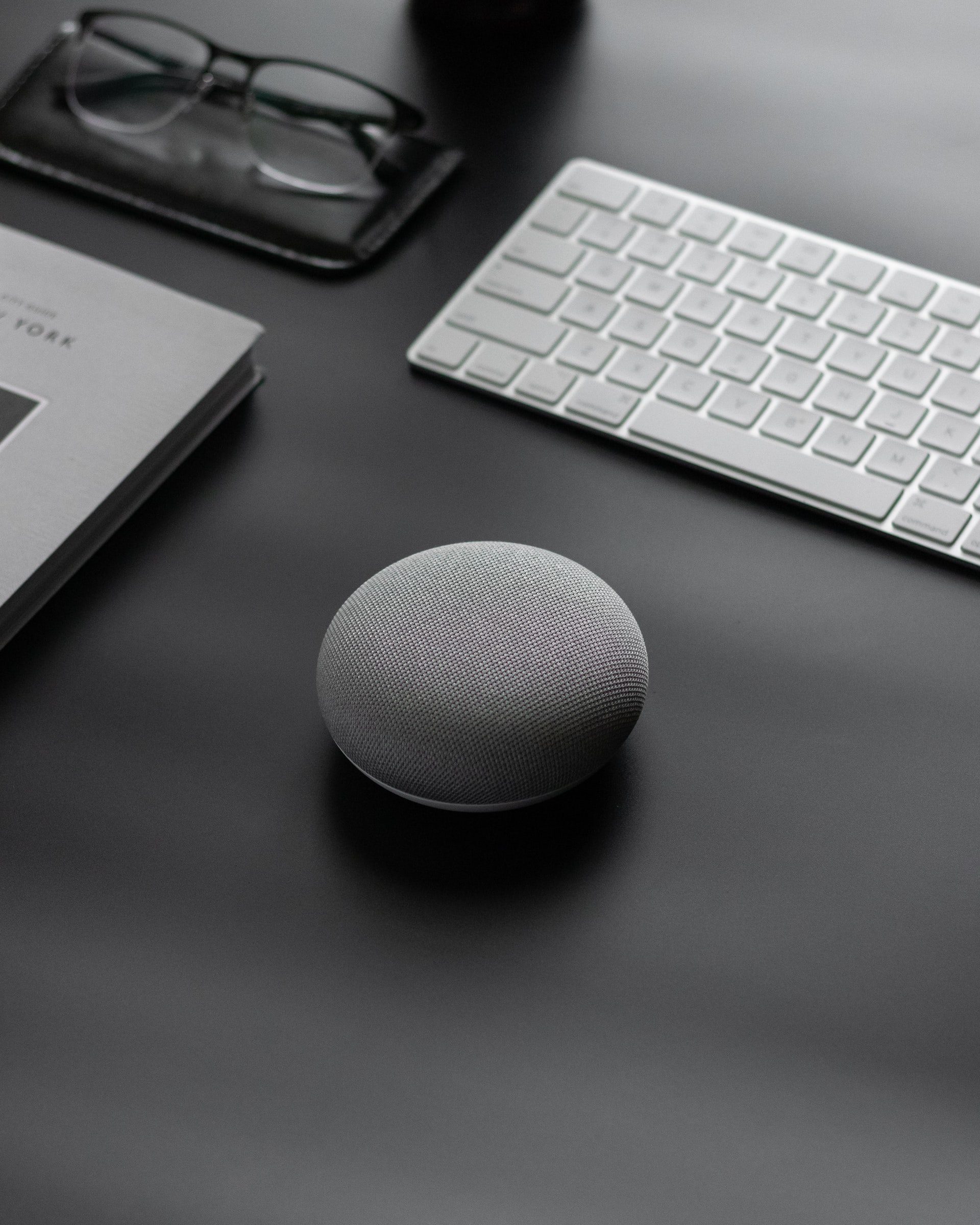Our move into the digital age means that both individuals and businesses these days rely on technology. This is something that has become crucial in both professional and private settings, with many devices that communicate with one another across the worldwide web, and huge amounts of data being gathered through this process.
The Internet of Things, or IoT, is all about this process being made possible without humans having to intervene, and it is all achieved through digital connections and communications across the huge range of devices that are in use today. However, in order for this to work effectively, it is vital that there are proper and effective IoT solutions available to provide IoT device management. So, what is IoT device management? Well, in this article, we will look at some of the fundamentals of IoT device management.
IMAGE: UNSPLASH
IoT Device Management Fundamentals
IoT device management is all about enabling a range of processes in relation to connected devices that form the IoT environment. This includes:
- Authenticating
- Maintenance
- Configuring
- Monitoring
- Diagnosis
These processes are crucial to the effective operation and complete functionality of the IoT environment. This is why the right IoT device management solution is so important, particularly in the digital world we live in today. Some of the fundamentals of IoT device management include:
On-Boarding
This refers to enrolling new devices into the IoT environment. All devices have to be connected initially before they become part of that environment and this includes device authentication that enables a secure connection to be formed between the new device and the IoT service or platform. So, this is the first stage of the process which brings new devices onboard within the IoT environment.
Configuration
After the onboarding process has been completed, it cannot just be left to itself. Most devices will be genetically configured by the manufacturer, so the service provider then needs to look at working on the configuration in line with the specifics of deployment. So, another IoT device management fundamental is the configuration of devices to change them from the default settings that they come with from the manufacturer.
Maintenance
Another vital fundamental of IoT device management is maintenance, and this is important to ensure the ongoing effectiveness and operation of the IoT environment. Both software and firmware may need to be updated from time to time, and it is important to remember that firmware can be affected by bugs. As such, maintenance is a key part of IoT device management.
Diagnostics
Diagnostics is also a vital part of IoT device management, and this is important for many reasons. This includes reducing the downtime of devices, ensure continued effectiveness and efficiency, and enabling the avoidance of issues arising by being more proactive in terms of the maintenance of devices.
End Of Life Management
Finally, end-of-life device management must also be considered, as at some point the project or the life and effectiveness of a particular device will come to an end. Decommissioning of the devices in question needs to be carried out efficiently and in a cost-effective way, which is another component of IoT device management.
Contact The Market Leader In Device Management
If you’re looking for IoT device management solutions in 2021 then Axiros is recommended as a market leader in device management. Visit the site to learn more about device management solutions and for further information regarding IoT device management.
If you are interested in even more technology-related articles and information from us here at Bit Rebels, then we have a lot to choose from.


COMMENTS